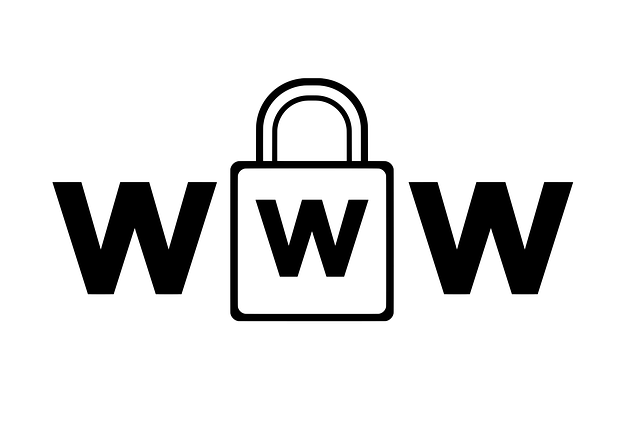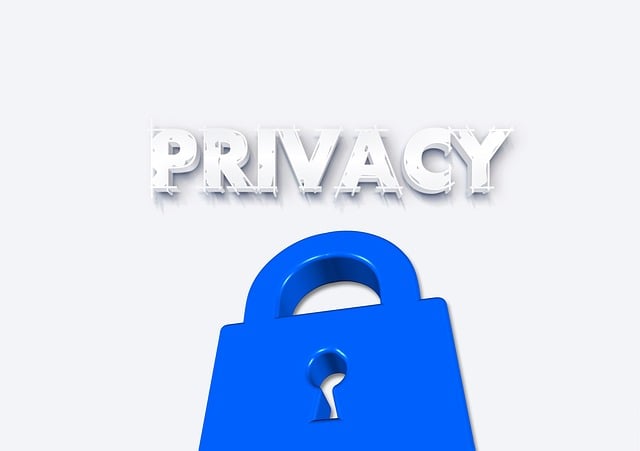Running a home business requires specialized insurance policies to mitigate risks that grow with operations. Key coverages include general liability, professional liability, and property damage protection against accidents, product issues, and business interruptions. Regular risk assessments, safety protocols, and tailored policy choices are vital for peace of mind and financial security as the business expands.
Starting a home business is an exciting venture, but it comes with unique liability risks. Understanding these risks is crucial for any entrepreneur to protect their personal assets and ensure smooth operations. This article delves into the world of insurance policies tailored for home-based businesses, covering general liability, professional responsibilities, property damage, and more. We’ll guide you through choosing the right provider, risk management tips, common exclusions, legal considerations, and best practices to navigate claims handling effectively.
Understanding Home Business Liability Risks

Running a home business brings unique risks that require tailored coverage. As your operation grows, so do potential liabilities. From accidents on your property to damage caused by products or services provided, various scenarios can lead to legal issues and financial strain. Insurance policies for home-based businesses play a crucial role in mitigating these risks. They provide financial protection against claims, offering peace of mind as you focus on running and growing your enterprise.
Business owners should carefully consider the types of activities conducted within their home and the potential hazards they present. This includes assessing risks related to customers visiting your premises, handling goods or materials, and any specific operations unique to your business. By understanding these risks, you can choose insurance policies that align with your needs, ensuring comprehensive protection for your home business.
Types of Insurance Policies for Home Businesses

When it comes to insuring your home business, there are several types of insurance policies designed to protect against unique risks. General liability insurance is a cornerstone for many home businesses, covering damages and injuries occurring on your premises. This includes protection against slip-and-fall accidents, product liabilities, and other common incidents.
Complementing general liability, professional liability insurance (also known as errors and omissions coverage) shields against claims related to the services you provide. This is particularly crucial for businesses offering consulting, design, or any service where mistakes could lead to financial loss or legal issues for clients. Additionally, business owners may consider property insurance to safeguard their home office equipment and inventory from perils like fire, theft, or vandalism.
General Liability Insurance: Coverage Basics

General Liability Insurance is a crucial component of risk management for any home business, offering protection against potential claims and lawsuits. This type of insurance policy is designed to cover various liabilities that may arise from your operations, such as property damage or personal injury to others. For instance, if a customer slips and falls on your premises, the policy can help pay for medical expenses and legal fees.
The coverage basics typically include compensation for medical costs, legal defense fees, and damages awarded by a court. It’s essential for home businesses as it provides financial protection against unexpected incidents. By having General Liability Insurance, you demonstrate a commitment to responsible business practices and ensure that your insurance policies for home-based businesses are comprehensive and adaptable to diverse risks.
Professional Responsibility and Errors & Omissions Insurance

For home businesses, professional responsibility and errors & omissions (E&O) insurance are essential components of a comprehensive risk management strategy. Professional liability insurance protects against claims of negligence or malpractice that may arise from services provided to clients. This type of insurance is particularly crucial for professionals such as consultants, accountants, lawyers, and healthcare providers who offer expert advice or specialized services.
Errors & Omissions insurance, on the other hand, safeguards against financial losses due to mistakes or oversights in business operations. This includes situations like misstatements in reports, incorrect data analysis, or contract errors that result in client dissatisfaction or legal issues. By purchasing both professional liability and E&O insurance policies, home businesses can mitigate potential risks and ensure they are prepared for any unforeseen liabilities, fostering a secure environment for growth and stability.
Property Damage and Business Interruption Insurance

For home businesses, having the right insurance policies in place is crucial to mitigating risks and ensuring financial protection. Among essential coverage options are property damage and business interruption insurance. Property damage insurance protects against physical losses to your business location, equipment, and inventory, which could result from events like fires, storms, or accidents. This includes not just repairing or replacing damaged assets but also covering additional costs incurred during the recovery period, such as relocation expenses and loss of revenue.
Business interruption insurance, on the other hand, focuses on sustaining your income stream during unforeseen events that disrupt normal business operations. It compensates for lost revenue and ongoing expenses when a covered incident forces you to temporarily shut down or scale back operations. This could include situations like power outages, civil unrest, or pandemics. Both types of insurance are integral components of comprehensive insurance policies for home-based businesses, ensuring they can weather unexpected challenges and maintain stability.
Choosing the Right Insurance Provider for Your Home Business

When selecting an insurance provider, it’s crucial to understand that not all policies are created equal. For home businesses, specific coverage is essential to mitigate risks unique to operating from your residence. Look for insurers specializing in small business or home-based operations, as they can offer tailored plans addressing issues like liability, property damage, and income loss—all vital considerations for a successful home enterprise.
Researching potential providers allows you to compare policies, pricing, and customer reviews. Check if they provide comprehensive general liability insurance, which shields you from financial ruin in case of accidents or injuries on your premises. Additionally, consider insurers offering add-ons like business interruption coverage, which can help sustain your income stream during unforeseen events.
Tips for Effective Risk Management and Prevention

Effective risk management is a cornerstone of successful home businesses, and it goes hand in hand with having robust insurance policies for home-based businesses. One key tip is to conduct regular risk assessments. This involves identifying potential hazards and vulnerabilities specific to your business operations. By documenting these risks, you can prioritize them and implement tailored strategies to mitigate their impact.
Additionally, establishing clear safety protocols and training procedures for employees or yourself (if working solo) is essential. Adhering to industry standards and regulations not only reduces the likelihood of accidents but also demonstrates a commitment to preventing potential claims. Regularly reviewing and updating these measures ensures your business stays protected as it evolves over time.
Common Exclusions and Limitations in Home Business Policies

When considering insurance policies for home-based businesses, understanding common exclusions and limitations is essential. Many standard home business policies may exclude or limit coverage for specific types of risks. For instance, general liability insurance typically excludes damage to personal property, business income loss due to shutdowns, and coverage for employees (if you have any). These gaps highlight the importance of reviewing policy details carefully.
Additionally, certain activities or industries may face more stringent exclusions. Policies might not cover damages from natural disasters, cyberattacks, or professional services rendered incorrectly. Some policies also exclude business vehicles or specific equipment used in operations. Home-based businesses should prioritize understanding these exclusions to ensure adequate protection and fill any gaps with additional coverage as necessary.
Legal Considerations and Best Practices for Claims Handling

When running a home business, understanding legal considerations and best practices for claims handling is paramount. Insurance policies for home-based businesses should never be overlooked, as they offer vital protection against potential liabilities. These include general liability coverage to protect against injuries or damages caused to customers on your premises, as well as professional liability insurance to safeguard against errors or omissions in your services.
Effective claims handling involves prompt recognition and reporting of incidents, thorough investigation, and transparent communication with all parties involved. It’s crucial to document every step, from the initial incident report to the final resolution, ensuring compliance with legal requirements and maintaining a positive relationship with customers and insurance providers alike.
